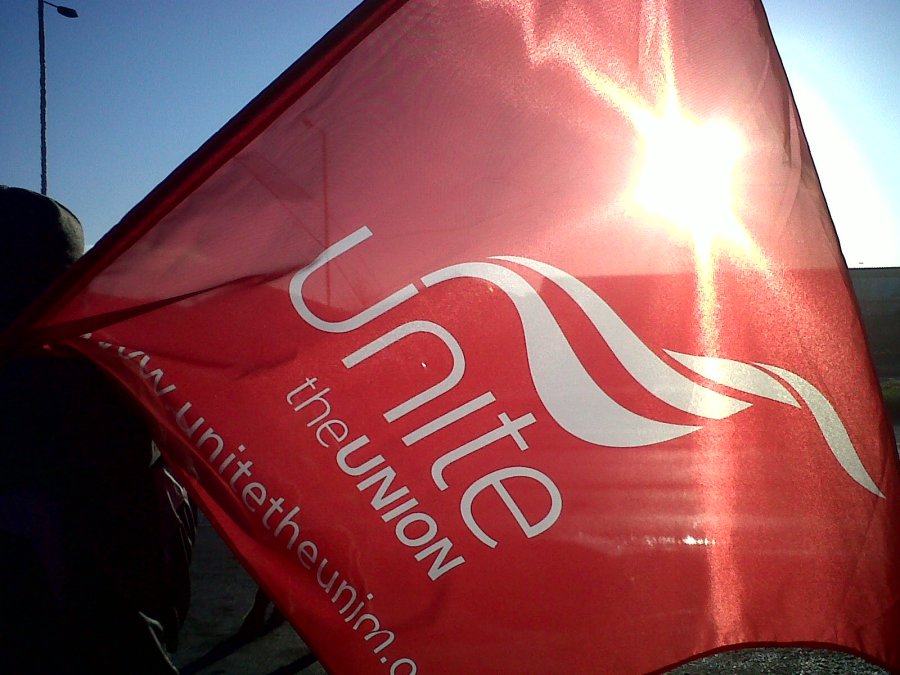Suzanne Muna, Unite the Union executive council (personal capacity)
The Unite union executive council overwhelmingly agreed to nominate Rebecca Long-Bailey and Richard Burgon as Labour Party leader and deputy leader respectively at its special meeting on Friday 24 January.
All the candidates’ campaign statements, widely circulated ahead of the hustings, show remarkable uniformity. They emphasise the centrality of the trade unions, the need to oppose austerity, a commitment to the radical 2017 and 2019 manifestos, and call for unity among Labour MPs. The need to respect the referendum decision on leaving the EU is now widely accepted.
The statements, however, mask very real differences between the candidates. Keir Starmer, for example, spoke on the need for public sector cuts as recently as July 2019. But his statements to Unite audiences were peppered with promises to fight austerity and promote common ownership – priorities that play directly to central planks in Unite’s policy book.
Commitments to both socialism and unity were abundant in the material from all candidates, and unity particularly emphasised by candidates for the deputy post.
Avoid repeats
Any new leadership may seek to avoid a repeat of Labour Party deputy leader Tom Watson’s regular and carefully timed briefings against his leader. Nonetheless, the history of some candidates suggests that loyalty is a loose concept. Both Starmer and Lisa Nandy took part in the 2016 ‘chicken coup’, when an orchestrated series of resignations were arranged to grab the news headlines and inflict maximum damage on Jeremy Corbyn’s leadership.
The question for any leader, however, is ‘unity at what cost?’ Recent history should leave no doubt that if internal peace is contingent on pacifying the Blairite wing, the cost is too high. The policies must be defended, not bartered.
Among Long-Baileys advantages were her track record in the Corbyn cabinet, close alignment to Unite policies, and lack of taint from attempted coups.
If elected leader, Long-Bailey would need to demonstrate great strength and determination to resist attempts at derailment. The 2017 and 2019 manifestos offered the first serious challenge to some powerful vested capitalist interests in at least a generation. Inevitably, any leader aligned to this suite of manifesto pledges will attract sustained, personalised and dirty attacks from those seeking to maintain the balance of wealth and power in their favour.
However, Long-Bailey’s rapid acceptance of the Jewish Board of Deputies’ ‘ten pledges’, including its unqualified support for the International Holocaust Remembrance Alliance definition of anti-semitism and all its examples, however, is a disappointing sign (see ‘Long-Bailey in retreat’ at socialistparty.org.uk). Both Richard Burgon and Dawn Butler, by contrast, refused to sign, although they pledged to fight racism in all its manifestations.
One of the most interesting concepts in Unite’s leadership deliberations over the last couple of weeks has been the idea that Labour councils should showcase the benefits of a future Labour government for the working class in Britain. Trade unionists, community campaigners, and constituents of Labour boroughs would indeed welcome changes aimed at drawing a clear red line between the Labour councils and the rest; it has been so lacking to date.
The new Labour leader must place demands on Labour councillors: stop passing on cuts; set legal needs-based budgets; fight collectively alongside trade unions and communities for public services to be properly funded. Crucially, they must be willing to withdraw party support from those who do not fulfil these aims.









